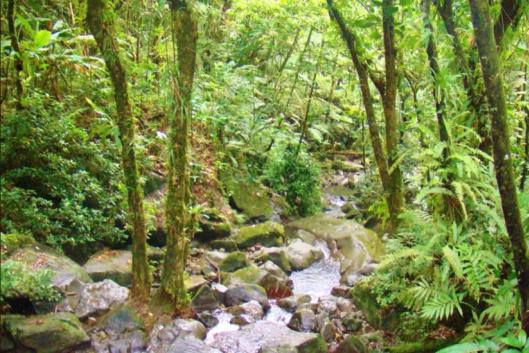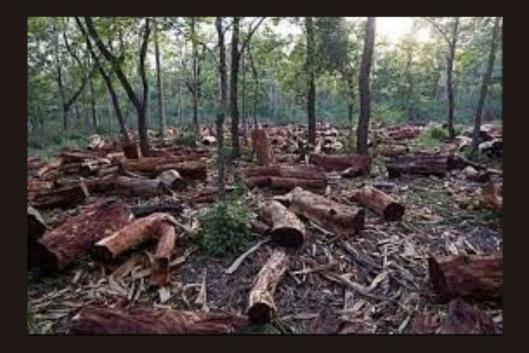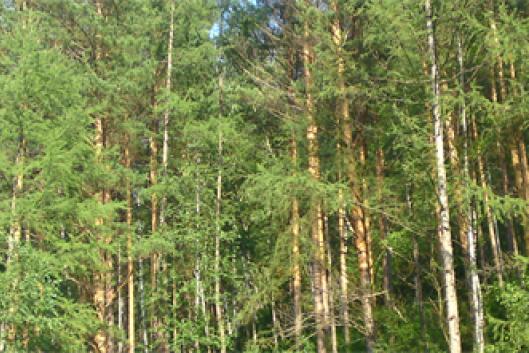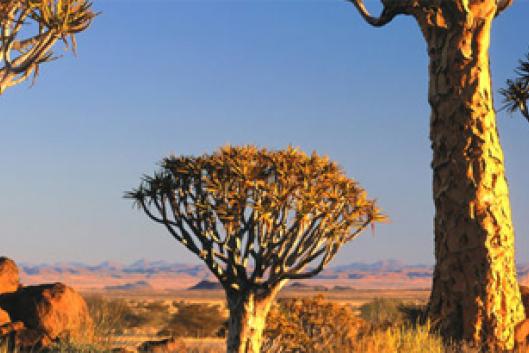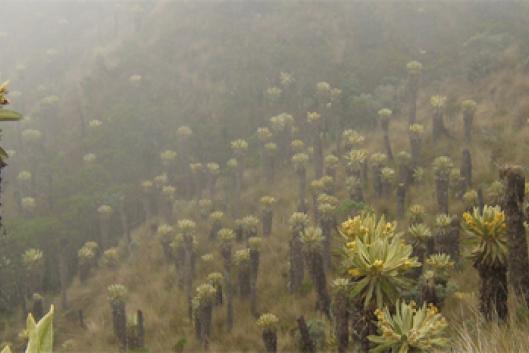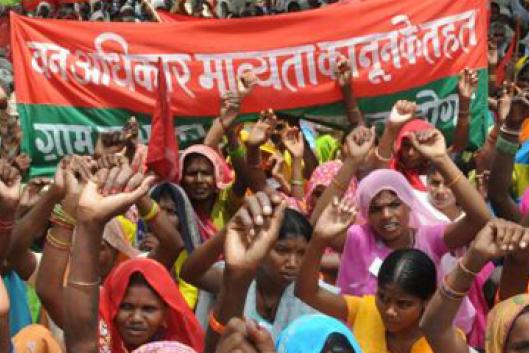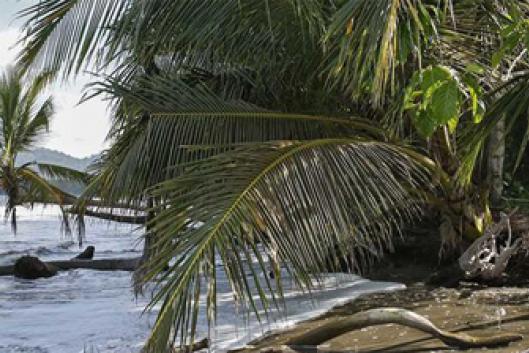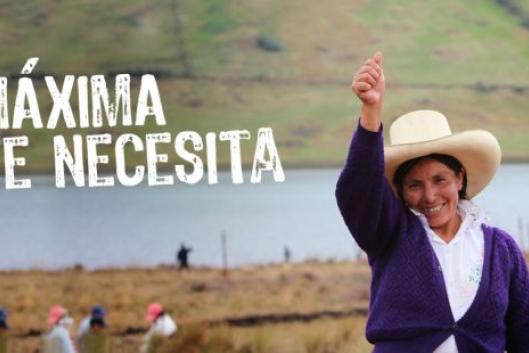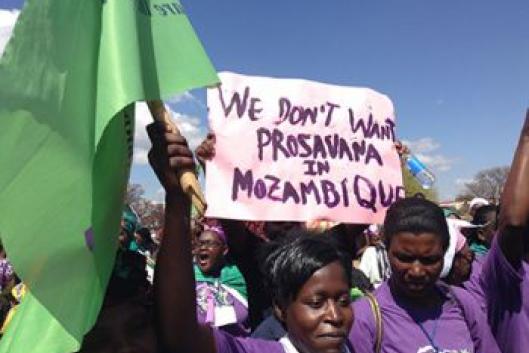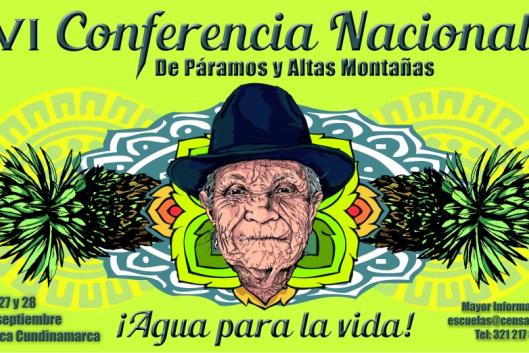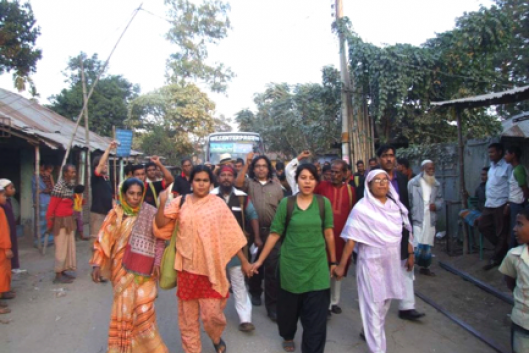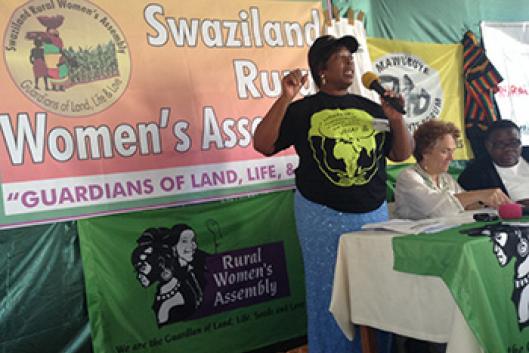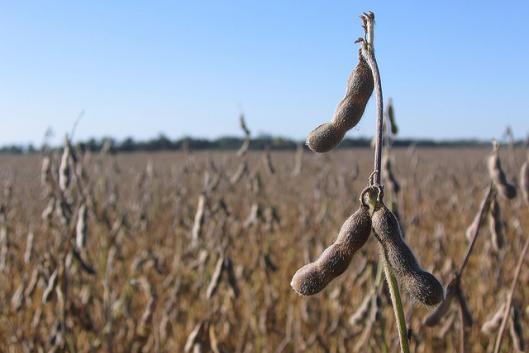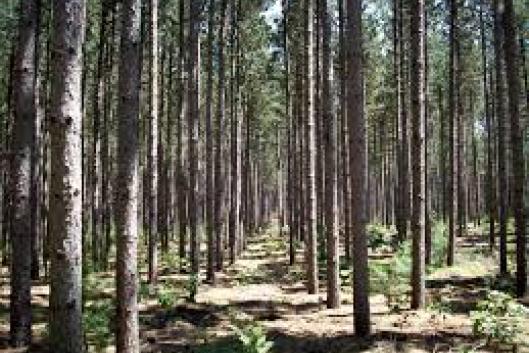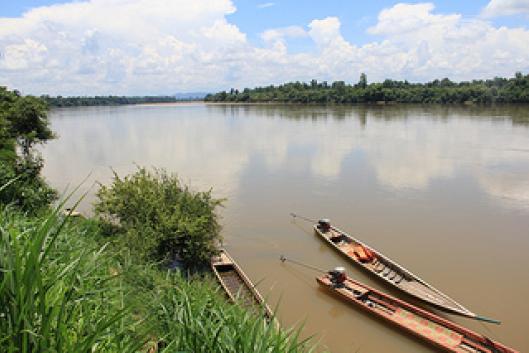In March 2014, more than 100 organizations from all over the world requested through an open letter that the Food and Agriculture Organization (FAO) of the United Nations, change its misleading definition of forests (1). FAO employs a reductionist definition based solely on the presence of trees, disregarding the fact that forests are a habitat for different kinds of flora and fauna, as well as the home of local communities. Under FAO’s definition, for example, large-scale monoculture plantations of fast-growing eucalyptus trees, managed with toxic agrochemicals, are regarded as ‘forests.’
Bulletin Issue 205 - August 2014
A diversity of struggles for a diversity of forests
WRM Bulletin
205
August 2014
OUR VIEWPOINT
A DIVERSITY OF STRUGGLES FOR A DIVERSITY OF FORESTS
-
4 September 2014Mozambique used to be rich in forests. Nowadays, not only can it not be considered a rich country, but its forests are also at risk of disappearing unless urgent, concrete and radical measures are taken. Several studies in recent years by civil society organizations and academics clearly show that if the present model of forest exploitation continues, very soon we shall have to change our discourse about this being a country rich in forest resources. This wealth we boast about is being cut and exported in a savage and uncontrolled manner.
-
4 September 2014Meekly the water flows from lichens and stones like a flood of feelings from the soul of the earth... (Efraín Gutiérrez Zambrano) Páramos are life systems of the high Andean mountains of countries like Ecuador, Peru, Venezuela and Colombia. Colombia is home to more than half the páramos of the planet. The landscape of páramos in Colombia commonly consists of reed beds, frailejón (Espeletia) species, rosemary, dwarf trees, swirling mist, farm crops, livestock and warmly-wrapped, red-cheeked peasants.
-
-
4 September 2014The tropical and subtropical coasts of Latin America, in Mexico, Brazil and most Central American and Caribbean countries, have been subjected to waves of tourist development over the last forty years. This has brought about reduction and degradation of what are known as ‘saltwater forests.’ Coastal forests include mangroves, beach forests, periodic swamps (tidal and flood plain forests) and freshwater swamps. One of the ecosystems most affected by the expansion of tourist and residential developments is mangrove forests.
PEOPLES IN ACTION
-
4 September 2014The Mozambique Union of Farmers, UNAC, a member of La Via Campesina, stressed during the Southern Africa Development Community (SADC) People’s Summit in Bulawayo, Zimbabwe (14-16 August 2014), that ProSavana, a mega agri-business project in Mozambique that also involves Brazil and Japan, “‘is not only a national campaign, it is a regional one”. UNAC warned that ProSavana would turn 14.5 million hectares of agricultural land currently being used by small-scale farmers in the Nacala Corridor, Northern Mozambique, into industrial monoculture agriculture driven by corporations for export production.
-
4 September 2014Friends of the Earth Colombia, CENSAT Agua Viva, is making available to the public three promotional audios for the Conference on Páramos and High Mountains, aimed at reaching the residents of the high Andean mountains. The Conference calls on mountain communities and the campesino, indigenous and social organizations of Colombia to participate in a space for reflection and networking by people for the defence of the mountain territories.
-
4 September 2014The NO REDD in Africa! Network (NRAN) took part in the 2014 SADC People’s Summit in Bulawayo City, Zimbabwe. The summit's final declaration brings strong demands to the Heads of States. The “Rejection of the False Solutions to Climate Change” is one of the demands, calling on governments to: “Reject externally driven false solutions to climate change embedded in for example the existing REDD Plus, Green Revolution and Climate Smart Agriculture proposals”.
-
4 September 2014Peasant organizations and members of La Via Campesina from Bangladesh, India and Nepal invite people to join an 18-day Caravan (10-28 November 2014) to deepen and extend networks of grassroots movements in South Asia and build international solidarity around specific action concerning issues of climate change, gender and food sovereignty. There are 40 slots for international delegates and the deadline to register is the 1st of October. See further information here: http://www.krishok.org/climate-justice-caravan-2014.html
RECOMMENDED
-
4 September 2014Women from all corners of the Southern African region descended on Bulawayo, Zimbabwe, to participate in the People’s Summit. They aimed to share their experiences on how they have been affected either by decisions made by governments or the inherited colonial agro-mining complex, which continues to grab land for extractive purposes. More importantly, the women gathered to build and strengthen their solidarity, forge strong alliances and commit to the struggle to push for a system of change.
-
4 September 2014According to Global Forest Watch, Chile’s forests are expanding. On the ground, however, a different scene plays out: monocultures have replaced diverse natural forests, and tree plantations now occupy 43 per cent of the South-central Chilean landscape. Defining plantations as forests has allowed the government to expand monocultures at a rapid pace, robbing the Mapuche indigenous peoples’ territories. Despite this, the Mapuche continue a strong fight to recuperate their ancestral land rights.
-
4 September 2014By selecting the ‘Mekong River Basin’ from the left panel where it says 2River Basins in Focus’, detailed information will appear about the area.
